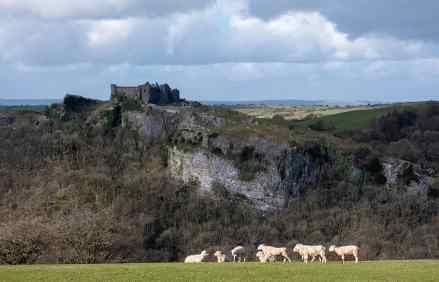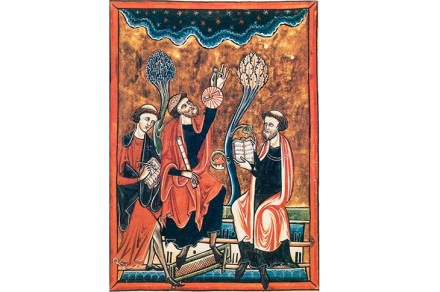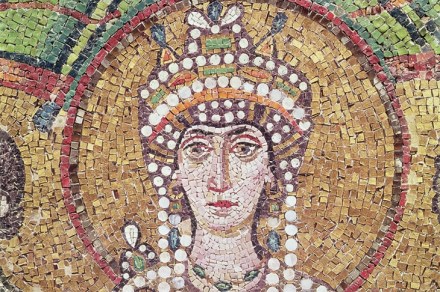It’s thrilling to learn that the rebellious Urien actually existed
Once, when we shared the same history teacher in our teens, my older brother Dominic handed in an essay about the Dark Ages that deliberately parodied a sub-Tolkien mysticism of tone. ‘Little is known,’ his opening sentence ran, ‘about those shadowy twilit years twixt 400 and 600 AD.’ Our teacher was particularly enraged by the word ‘twixt’. In Dom’s defence, he was just reacting to a challenge that still confronts medievalists today. When there’s barely any evidence, what is there to say? The response of this intriguing book by Thomas Williams is to lean into the problem. In Lost Realms, he makes a beeline for the very darkest part of




